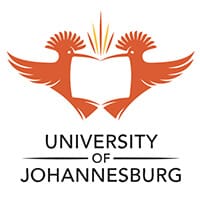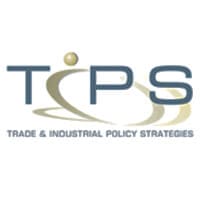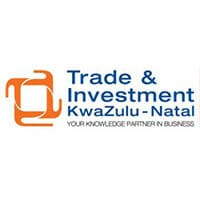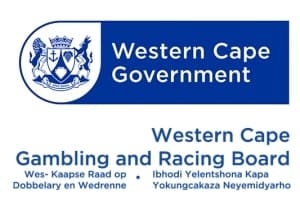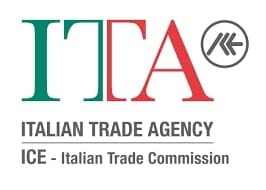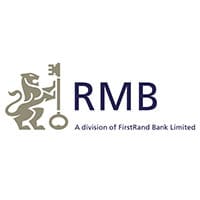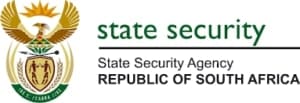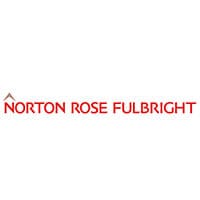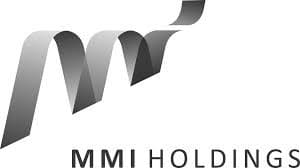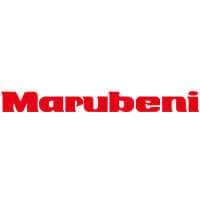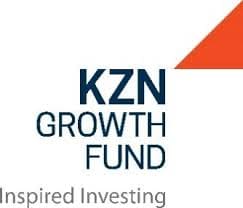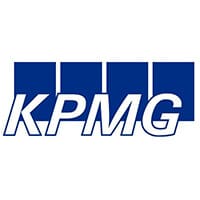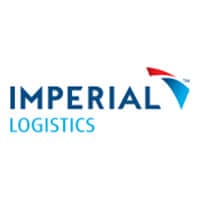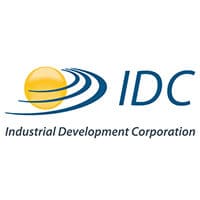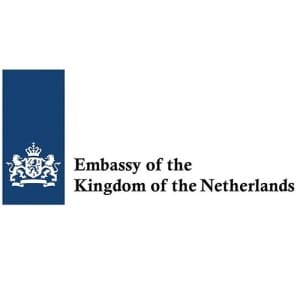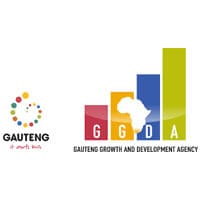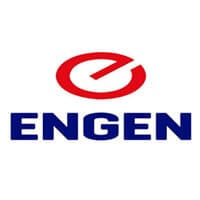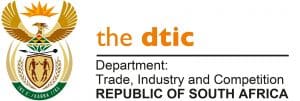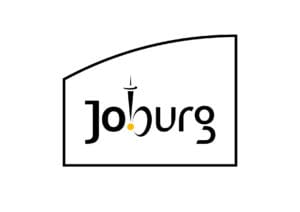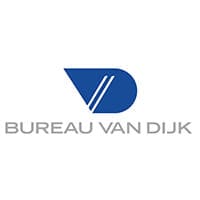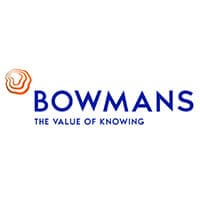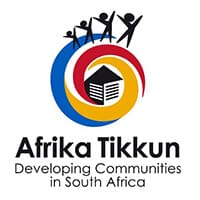
Who We Are
Who Owns Whom
Who Owns Whom (WOW) was established in 1980 as an independent organisation producing high quality, original research on African industry and business.
Our Solutions
WOW solutions inform key business functions
Market Intelligence and Strategy
Gain valuable insight into target industries, new opportunities and understand potential vertical and horizontal expansion opportunities.
Know Your Customer/Supplier
Corroborate information supplied by customers, prospective customers and suppliers.
Compliance and Risk
Independent third-party corroboration of ownership and statutory information
M&A, FDI and Private Equity
Identify, understand and monitor investment changes and opportunities across the African continent.
Learning Solutions
Use industry reports as a basis for an analysis of key success factors, pain points and competitive landscape of African industries.
Trusted by leading brands
Media
Most recent articles
BlogCountries South Africa
Digital disruptors and bold innovators are reshaping South Africa’s banking sector
Contents [hide] The banking industry in South Africa has always had an excellent reputation, both locally and internationally, with a total asset base of approximately R8.2tn, which is larger than...
Newsletters
Beneficial ownership updates and WOW product enhancements
As this is the first communication for the new year, please indulge me if I open with a quote. One of the American founding fathers, Samuel Johnson, stated that: “The...
BlogCountries South Africa
South African International Trade Trends
The South African international trade trends report provides a detailed overview of South Africa’s international trade trends up to 2025, highlighting how global shocks, shifting geopolitical dynamics, and evolving policy...
Newsletters
Tariff turmoil
The US position on trade tariffs under the current administration has disrupted global trade patterns, which are currently being reset. Consulting economist Marthinus Havenga has recently completed a report on...
BlogCountries Human health and social work activitiesSouth Africa
South Africa’s Healthcare Challenges and the Future of Universal Health Coverage
Contents [hide] Healthcare is a vital cog in any economy. When the nation’s workforce is healthy, there is more economic activity, businesses do well with less absenteeism and highly productive...
Newsletters
AI and WOW
AI and WOW As mentioned in previous communications, we have conducted extensive testing with AI for user experience and research, with mixed results. However, AI is here to stay and...
Electricity gas steam and air conditioning supplySouth Africa
The possibility of a power shift from Eskom and renewables producers in South Africa
Read MoreAgriculture forestry and fishingSouth Africa
Preserving and Processing of Fruit and Vegetables in South Africa
Read More











